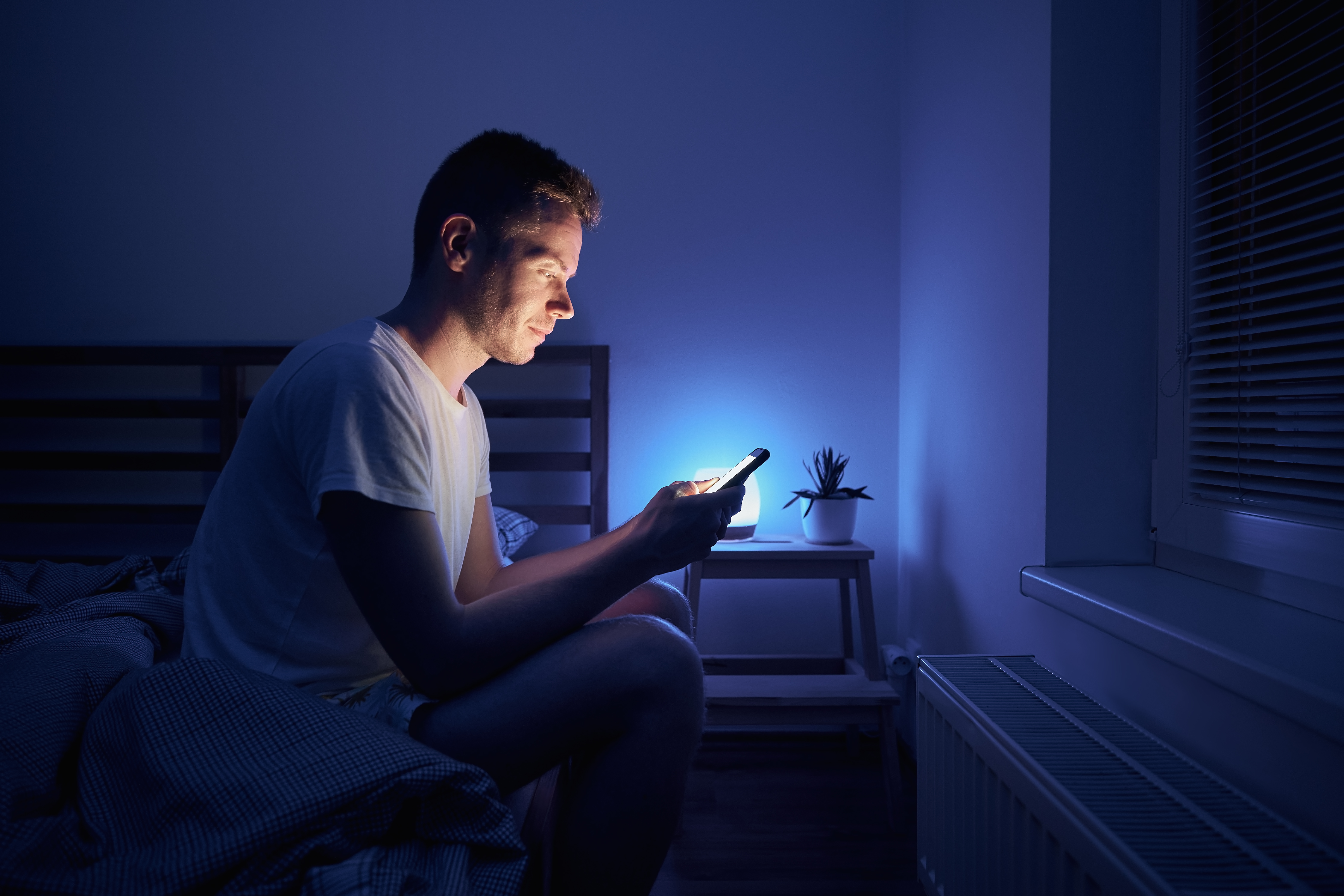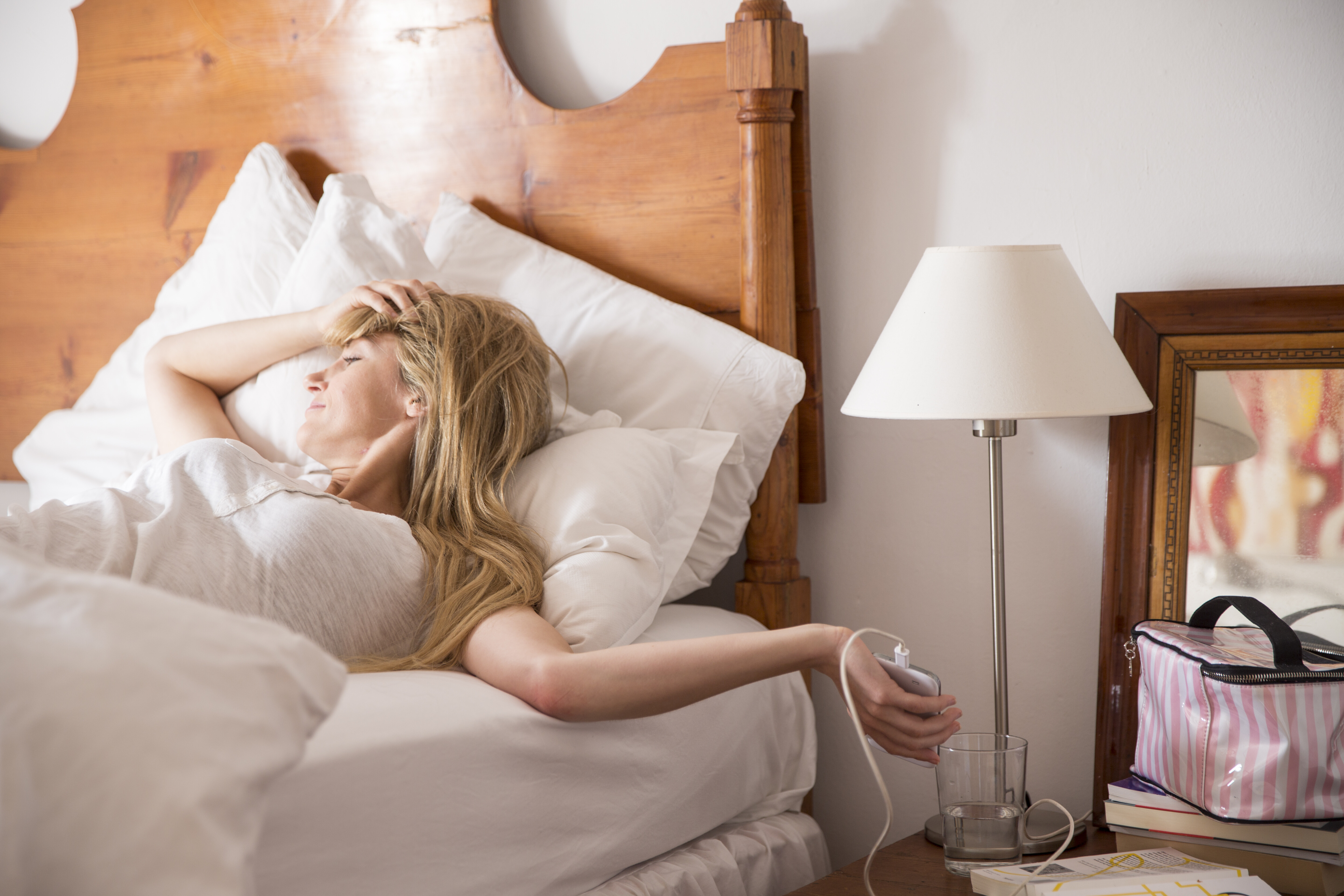11 Alarming Reasons You’re Waking Up Tired Every Morning
In the modern whirlwind of life, sleep often takes a backseat to the demands of work, social obligations, and digital distractions. Yet, the importance of restful sleep cannot be overstated. It is the cornerstone of physical health, mental clarity, and emotional stability. Despite its significance, many individuals find themselves waking up exhausted, as if the night offered no rest at all. This pervasive issue of poor sleep quality is more than just a nuisance; it is a silent epidemic that affects millions worldwide. The complexity of sleep disruption goes beyond the obvious culprits like caffeine or stress. It involves a myriad of subtle, often overlooked factors that undermine the quality of our slumber. From hidden environmental influences to psychological undercurrents, each element plays a role in this intricate puzzle. This article delves into 11 shocking insights that could be stealthily eroding your sleep quality, leaving you drained every morning.
1. The Unseen Impact of Blue Light Exposure

In our technology-driven world, screens have become ubiquitous, casting a blue light that is invisible to the naked eye but highly influential on our sleep patterns. Blue light exposure, particularly in the hours leading up to bedtime, can significantly hinder the production of melatonin, the hormone responsible for regulating sleep-wake cycles. This disruption can lead to difficulties in falling asleep and staying asleep, resulting in a restless night and groggy mornings. Research has shown that blue light exposure from smartphones, tablets, and computers can delay the onset of REM sleep, the deep stage of sleep essential for cognitive function and memory consolidation. The pervasive nature of digital devices means that many people unknowingly extend their exposure to blue light, often right up until they attempt to sleep. Understanding the science behind blue light's impact on sleep is crucial, and adopting practical strategies—such as using blue light filters or setting device curfews—can help restore natural sleep rhythms.
2. The Hidden Dangers of Inconsistent Sleep Schedules

Our bodies thrive on routine, and sleep is no exception. The circadian rhythm, our internal biological clock, regulates sleep by responding to natural light and darkness cues. However, irregular sleep schedules can disrupt this delicate balance, leading to a phenomenon known as social jetlag. This occurs when there is a significant difference between your body's internal clock and your actual sleep schedule, often caused by late nights and sleeping in on weekends. Social jetlag can lead to chronic sleep deprivation, impairing cognitive function, mood, and overall health. It is a common issue for shift workers and anyone who frequently alters their sleep patterns. The detrimental effects of inconsistent sleep schedules highlight the importance of maintaining a regular sleep routine. Aligning sleep patterns with the natural circadian rhythm can enhance sleep quality, leaving you feeling refreshed and energized.
